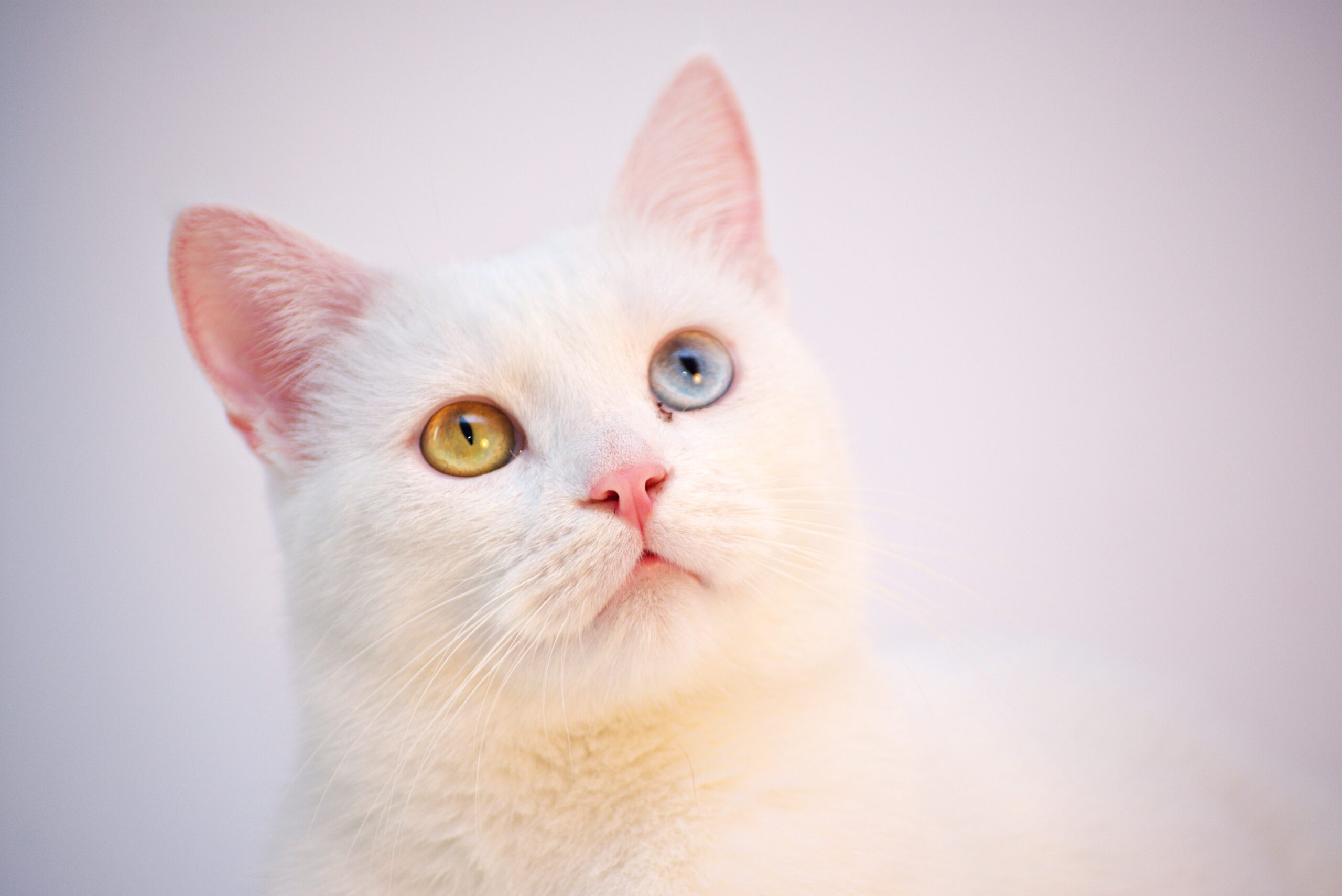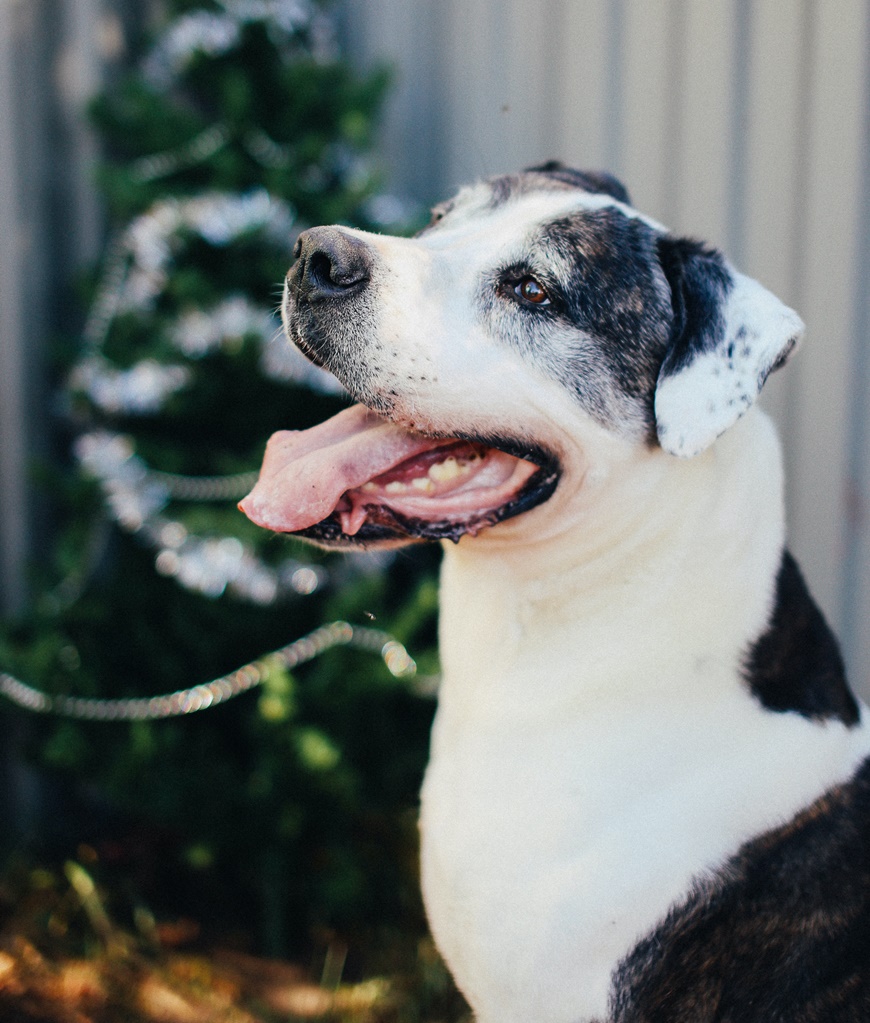Rose Animal Clinic
Pet Dental Care in Bentonville, AR
There may be times when you have to take preventative measures to help your dog or cat stay healthy. At Rose Animal Clinic, our veterinarians are here to help.

Pet Dental Care
Digital Dental Radiography (X-Rays) is very important for helping your veterinarian keep your pet’s oral health in the best condition possible. They can also be used to find any other potential oral conditions your pet may have, such as bone loss or tumors.
One of the most common but frequently overlooked health problems for companion animals is dental disease. By age 3, most pets have some degree of periodontal disease. This occurs as a result of bacterial infection along the gum line, due to the formation of plaque. Plaque is a sticky substance containing millions of bacteria that form along the tooth surface and gum line. Without frequent removal, plaque eventually hardens into tartar. Left untreated, this leads to the gradual destruction of the gum tissue and supportive structures around the teeth, which can result in tooth loss. Not only is periodontal disease harmful and painful because it results in the loss of teeth, but it can also cause damage to important vital organs such as the heart, liver, lungs, and kidneys.
When it comes to dental disease, most pet owners don’t realize the extent of the problem until it is quite advanced, hence the importance of yearly to twice-yearly physical examinations. This includes a thorough oral health care assessment. In the early stages of dental disease, your veterinarian can recommend home dental health care measures such as tooth brushing, dental treats and rinses, and dental diets. When professional dental care is needed for your pet, general anesthesia is necessary. Your veterinarian will discuss the procedures involved in a COHAT (Comprehensive Oral Health Assessment and Treatment) plan with you when dental care is needed. Most often, this will involve a day at the veterinary hospital to plan and perform the procedures.
These procedures may include:
- Pre-Operative Lab Work
- IV Catheterization
- General Anesthesia
- Dental X-Rays
- Teeth Cleaning and Polishing
- Dental Charting
- Extractions when indicated
Upon discharge, the veterinary team will review any instructions pertaining to post-dental medications, special feeding instructions, and when to resume home dental care. Your pet will thank you for remembering to take care of his or her mouth, and live a longer and happier life as a result.

